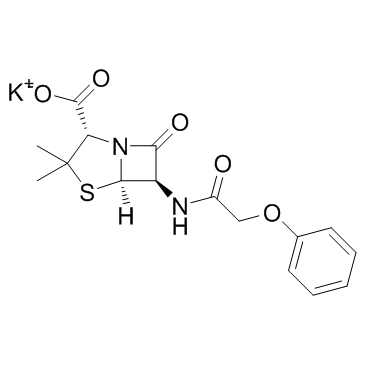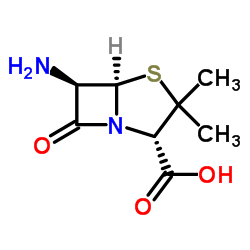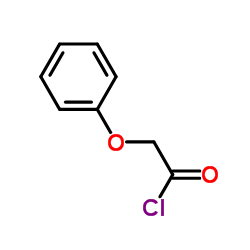132-98-9
| Name | phenoxymethylpenicillin potassium |
|---|---|
| Synonyms |
(2S,5R,6R)-3,3-diméthyl-7-oxo-6-[(phénoxyacétyl)amino]-4-thia-1-azabicyclo[3.2.0]heptane-2-carboxylate de potassium
D-a-Phenoxymethylpenicillinate K Salt EINECS 205-086-5 [2S-(2a,5a,6b)]-3,3-Dimethyl-7-oxo-6-[(phenoxyacetyl)amino]-4-thia-1-azabicyclo[3.2.0]heptane-2-carboxylic Acid Potassium Salt Penicillin V potassium MFCD00051771 Penicillin V potassium salt,Phenoxymethylpenicillin potassium salt Potassium (2S,5R,6R)-3,3-dimethyl-7-oxo-6-[(phenoxyacetyl)amino]-4-thia-1-azabicyclo[3.2.0]heptane-2-carboxylate Penicillin V Potassium Salt Phenoxymethylpenicillin Potassium pen-oral (2S,5R,6R)-3,3-Dimethyl-7-oxo-6-((phenoxyacetyl)amino)-4-thia-1-azabicyclo(3.2.0)heptane-2-carboxylic Acid Monopotassium Salt 4-Thia-1-azabicyclo[3.2.0]heptane-2-carboxylic acid, 3,3-dimethyl-7-oxo-6-[(2-phenoxyacetyl)amino]-, potassium salt, (2S,5R,6R)- (1:1) Penicillin V (Potassium) |
| Description | Penicillin V Potassium is an antibiotic useful for the treatment of a number of bacterial infections, is a penicillin that is orally active, acts by inhibiting the biosynthesis of cell-wall peptidoglycan. |
|---|---|
| Related Catalog |
| Density | 1.40 |
|---|---|
| Boiling Point | 681.4ºC at 760 mmHg |
| Melting Point | 197-202°C |
| Molecular Formula | C16H17KN2O5S |
| Molecular Weight | 388.480 |
| Flash Point | 365.9ºC |
| Exact Mass | 388.049530 |
| PSA | 124.07000 |
| Vapour Pressure | 1.69E-19mmHg at 25°C |
| Storage condition | 2-8°C |
CHEMICAL IDENTIFICATION
HEALTH HAZARD DATAACUTE TOXICITY DATA
MUTATION DATA
|
| Symbol |


GHS07, GHS08 |
|---|---|
| Signal Word | Danger |
| Hazard Statements | H302-H317-H334 |
| Precautionary Statements | P261-P280-P284-P301 + P312 + P330-P304 + P340-P342 + P311 |
| Personal Protective Equipment | dust mask type N95 (US);Eyeshields;Faceshields;Gloves |
| Hazard Codes | Xn:Harmful; |
| Risk Phrases | R22;R42/43 |
| Safety Phrases | S22-S26-S36/37-S45 |
| RIDADR | NONH for all modes of transport |
| WGK Germany | 3 |
| RTECS | XH9275000 |
| HS Code | 2941109400 |
|
~% 
132-98-9 |
| Literature: WO2014/71283 A1, ; |
|
~% 
132-98-9 |
| Literature: WO2014/71283 A1, ; |
| HS Code | 2941109400 |
|---|





![methyl 3,3-dimethyl-7-oxo-6-[(2-phenoxyacetyl)amino]-4-thia-1-azabicyclo[3.2.0]heptane-2-carboxylate structure](https://image.chemsrc.com/caspic/137/2315-05-1.png)